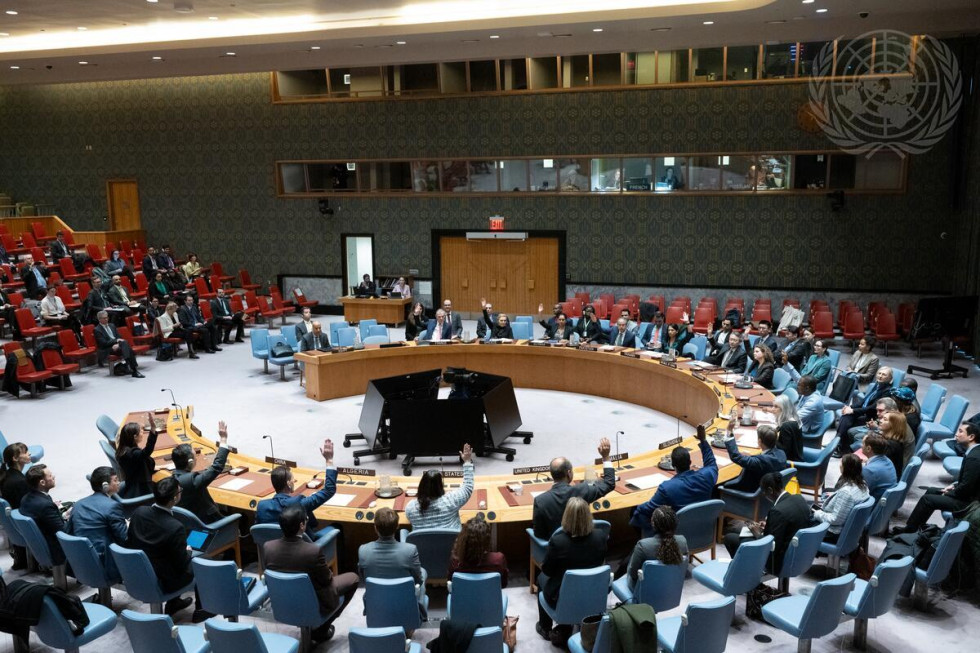UN Security Council and General Assembly unanimously adopt twin resolutions on the review of the UN Peacebuilding Architecture
In the context of multilateralism under pressure, the two separate resolutions with identical wording – the Security Council resolution and the General Assembly resolution – focus on practical aspects of strengthening the UN Peacebuilding Architecture and making it more effective in the field. The resolutions confirm the UN's long-standing commitment to conflict prevention and peacebuilding. They emphasize that these efforts are based on the mutual reinforcement of development and human rights, and the maintenance of international peace and security. They also highlight the primary responsibility of member states for preventing conflicts and addressing their root causes. It is important that the concerned member states retain national ownership of all processes.
"The adoption of both resolutions by consensus is a remarkable success given the current situation – geopolitical upheavals in the world and the financial crisis at the UN. We received the votes of all the members of both the Security Council and the General Assembly. The nearly year-long negotiations that we conducted with my Egyptian colleague were demanding, but in the end, we joined forces to ensure a renewed basis for strengthening the entire UN system for conflict prevention and peacebuilding at the state level," said Ambassador Žbogar after the vote in the two most important UN bodies.
The 2025 review is the fourth since the establishment of the UN Peacebuilding Architecture in 2005. The formal intergovernmental review process began on 13 January with the appointment of the permanent representatives of Slovenia and Egypt to lead the process.
In the first months of this year, the co-chairs carried out intensive preparations and thorough discussions with all country groups. They participated in numerous targeted events and discussions focused on specific aspects of the existing peacebuilding architecture and its strengthening. On this basis, they prepared the first draft of identical resolutions in June, followed by several rounds of demanding negotiations. The process culminated in today's unanimous adoption of the resolutions by the Security Council and the General Assembly.
Peacebuilding involves long-term efforts to prevent the outbreak, escalation, continuation and recurrence of conflicts by addressing their root causes and strengthening the foundations for sustainable peace. It involves more than just ending conflicts, as it also focuses on preventing them and creating political, social and economic conditions that will enable peace to be truly lasting and society to build its own resilience.


